The content of the article
Well, what kind of mom does not know what residual cough in a child is? First, the active phase of the disease proceeds - increased body temperature, significant cough, increased secretion of mucus from the nose, general malaise. As a rule, acute respiratory viral infections in the acute period lasts no more than 7 days, usually 1-3 days. The disease ends, but leaves an aftertaste - a long, residual cough. It seems that coughing fits do not occur often, and the cough is overwhelmingly mild. But the fact of coughing, even a rare one, forces parents to take serious measures to eliminate it.
Why coughing does not go away for a long time
If the cough after suffering an ARVI does not go away for more than two weeks, then there are certain reasons. Here is some of them.
- Bronchitis, pneumonia, whooping cough. Sometimes a simple cough is not as simple as it seems. Often, simple tracheitis can develop into bronchitis - acute or chronic. When pertussis sticks or pneumococcus enters the body, a cough develops - strong and long. Pertussis is characterized by a long (up to six months) paroxysmal cough, which can not be removed. With inflammation of the lungs or bronchi, one can hear characteristic wheezing when listening.
- Allergy. Often a cough from a viral turns into an allergic one. This is especially true for allergy sufferers. If the baby has a predisposition to diathesis and other rashes, if parents are allergic, coughing may well be a reaction to dust, pollen, the smell of cigarettes or household chemicals, and sugary foods. In this case, you need to try to give your child an antihistamine. If the cough has stopped, then it is allergic.
- Snot. If the cough proceeds against the background of discharge from the nose, and is also activated mainly only at night, it means that snot provokes it. When the child is in a horizontal position, mucus drains from the nose, falls on the back wall of the larynx, irritates it and provokes a cough reflex. This also includes chronic diseases of the ENT organs, for example, enlarged adenoids.
- Worms. It happens that a prolonged cough is not associated with inflammation of the respiratory system. If during examination there are no wheezing in the lungs, no snot and red throat, then you need to check for parasites. Some types of worms, for example, roundworms, walk throughout the body, getting from the intestines into the blood, and then settle on the lungs. In the process of life, roundworms emit toxins, which act and irritate the walls of the lungs, causing a cough. Therefore, allergologists and pulmonologists with prolonged coughing are always advised to check for the presence of helminthic invasions. To detect worms, you can donate feces and blood from a vein.
- Carditis. A prolonged cough can occur against the background of some cardiological diseases, especially as a complication after suffering a sore throat and other diseases. In this case, to eliminate the problem, you should definitely see a cardiologist.
- Fungus. If the child drank antibiotics, often then the intestinal microflora and the oral mucosa are disturbed. Due to such an imbalance on the tonsils, fungi can begin to develop that do not give themselves away - the mucous membrane remains pink, there is no inflammation. The only manifestation is irritation of the larynx wall, which causes a cough. To check for the presence of fungus, you need to pass bacteriological culture from the throat.
These are the main directions that may be useful to you in finding the cause of a prolonged persistent cough.If you exclude them all, then most likely you have chronic tracheitis or bronchitis, which is manifested only by rare minor coughing. You can get rid of residual cough.
Should antibiotics be used to treat residual cough
If the cough lasts several weeks, but with occasional coughing, you probably will not need antibiotics. You can get rid of residual cough with a set of measures - herbal medicine, warming up, physiotherapy, massage, inhalation, traditional medicine recipes. However, before this, it is important to consult a doctor to rule out a serious illness. If the doctor does not prescribe antibiotics, then you can safely use the following tips to combat residual cough.
Cough Inhalation
Why are inhalations considered one of the most effective ways to combat cough? The fact is that when we inhale hot bactericidal vapor, small particles fall directly onto the walls of the trachea, lungs, and walls of the larynx. In this case, we get a much more pronounced drug effect than when taking expectorants. After all, they go directly to the esophagus and stomach.
It is best to do inhalation with a nebulizer. Under the influence of an aerosol, the particles of the drug are sprayed so much that the child will easily inhale the healing vapor. For a solution into the nebulizer, you can use cough preparations - Lazolvan, Atsts, Herbion. And you can do inhalation with simple salt or mineral water.
If there is no inhaler, try breathing with your child over a pot or bowl of hot water. It is worth confessing that many children don’t like this procedure, so we will act in other ways. The medicinal fluid must be poured into an iron cup or a wide pan and put on high heat. We close the doors and windows tightly in the kitchen, and we are in the floating room for at least half an hour (we do not remove the boiling pan from the fire). This will allow the child to breathe hot steam without much effort. As a medicinal composition for inhalation, you can use:
- Solution of furatsilin, miramistin, chlorophyllipt.
- Sea water - baking soda, salt and iodine.
- A decoction of medicinal herbs - chamomile, calendula, nettle, St. John's wort.
- Essential oils from Zvezdochka balm.
- Fir oil and tea tree oil.
A simple Russian bath has the effect of inhalation. Not for nothing because it treats many colds. To get healing steam, any of the prepared medicinal solutions just need to splash on hot stones. Frequently visiting the bath, the child will stop coughing and will hurt much less often.
We warm the chest when coughing
Often any warming of the chest is the main condition on the path to recovery. Here are some effective and safe recipes.
- You can warm the chest with animal fat. Lubricate the baby’s breasts with badger or goose fat for several days to finally get rid of the cough.
- Make a mustard honey cake. To do this, mix two tablespoons of honey, half a teaspoon of mustard, two tablespoons of oil and flour to make a tortilla. Apply a warm cake to your baby’s chest for several hours. Mustard irritates the skin, increasing blood circulation. Honey warms and gives a long feeling of warmth. The oil protects the skin from irritation. Flour is necessary to obtain the desired consistency.
- Mix vodka and honey and rub the chest and back of the baby with this compound before bedtime.
- It is very good to make mustard foot baths - this is one of the best remedies for a protracted cough.
Warming up will help relieve residual inflammation and relieve cough.
How to treat residual cough - useful tips
Residual cough is characterized by good health, lack of fever and other manifestations of the disease. But if you do nothing, such a cough can last for months. We will give you useful tips to help you get rid of annoying coughing.
- In the treatment of respiratory diseases, clean air is of great importance. If you walk with your child on the street for at least 3-4 hours a day, after a week from a cough there will be no trace. Ventilate the rooms in the apartment as often as possible, in the summer you can leave the windows open.
- Avoid sudden changes in temperature; avoid air drafts when airing. It is best to place the child in one room and ventilate the others. After that, the room can be changed. Do not leave your child in a draft - he may fall ill again.
- Avoid contact with the mucous membrane of allergens. To get rid of dust, you need to do wet cleaning daily. Get rid of cigarette smoke, aerosol spray deodorants and household chemicals.
- It is very important to prevent air dryness. In winter, moderate the heat sink, install a humidifier.
- To accelerate the discharge of sputum, you can give the child a percussion massage. Take your baby to a physiotherapist at least a few times to see a massage technique. Subsequently, you can do it yourself.
- You can get rid of annoying cough by doing warming up in a physiotherapy room. The most effective procedure is UHF.
- A decoction of anise seeds helps to get an expectorant effect. The juice of black radish with honey will stop even a strong cough. And milk with honey before bedtime will help relieve inflammation and relieve night coughing attacks.
- Respiratory gymnastics, which is best done outdoors, will help cure residual cough. Inhale and exhale deeply to clear the lungs of allergens. For the same purpose, you can inflate balloons - such a treatment will be not only effective, but also fun.
- In addition, you need to drink more to wash the remnants of the virus from the body. Nutrition, on the contrary, should be light, balanced, fractional. Do not insist if the child is not hungry.
All of these tips apply to treating a cold cough. If the child’s cough is allergic or occurs against parasites, the treatment changes radically. In addition, you need to be examined by ENT, because often the cough remains on the background of untreated diseases of the throat and nose.
On the one hand, residual cough is a minor symptom that does not torment the child and allows him to live a full life. But on the other hand, there is still a cough, it annoys with its presence and often becomes the reason that the child is still on sick leave and cannot go to school or kindergarten. Cough, whatever it may be, does not tolerate neglect. Do not leave residual cough unattended - take care of your child’s health!
Video: cough treatment in a child

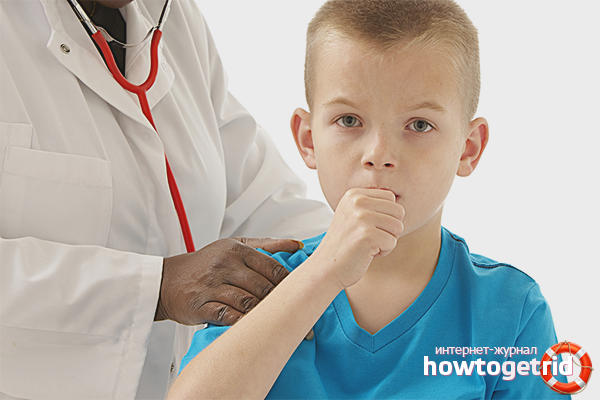
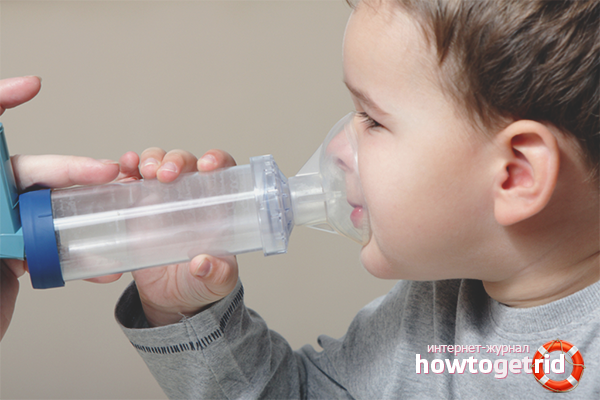
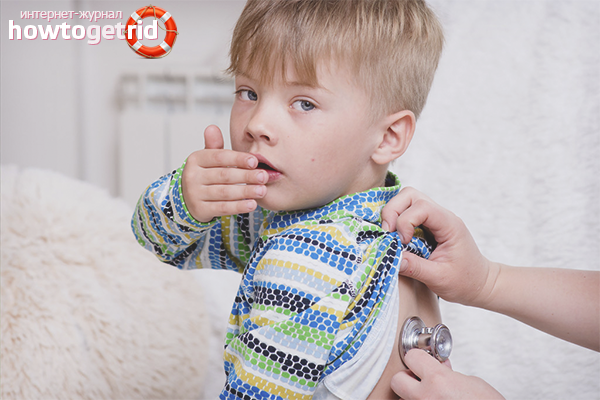
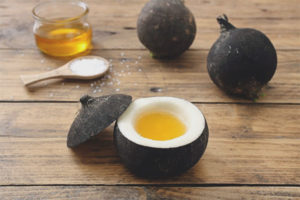
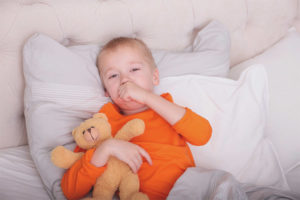
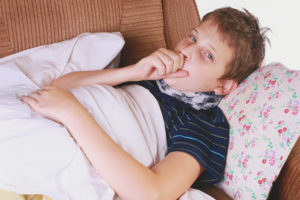
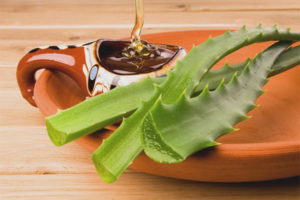


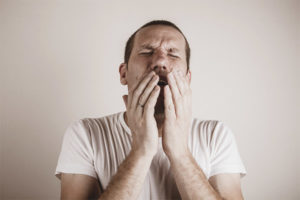
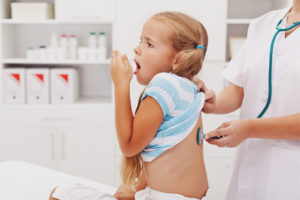
Submit